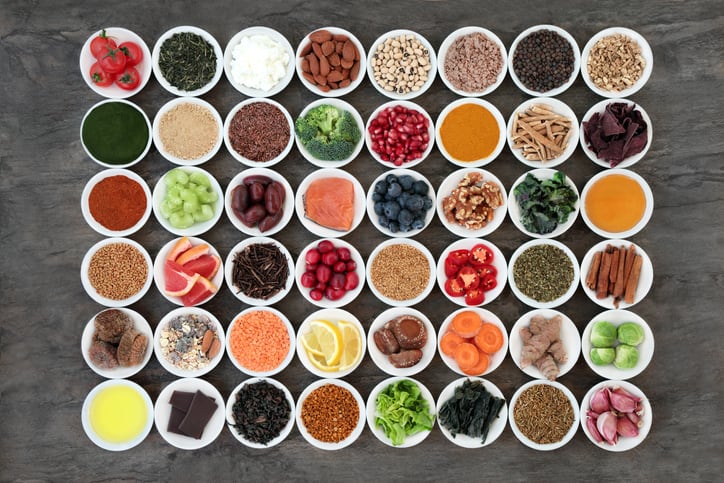They also found that substituting animal protein for plant protein was linked with a lower risk of total, cancer-related, and CVD-related mortality.
The findings were published in JAMA Internal Medicine.
In short-term trials, consumption of high-protein diets have been shown to produce weight loss, fat loss, and preservation of lean mass compared with normal-protein diets.
However, the health effects of adherence to high dietary protein intake on long-term health and mortality have received less attention.
Methodology
The study recruited 70,696 participants between 45 to 74 years (without cancer, cerebrovascular disease, ischemic heart disease history).
Over a follow up period of 18 years, 12,381 total deaths were documented.
Dietary intake information was collected using a food frequency questionnaire and used to estimate protein intake in all participants. Questionnaires were administered at 5-year intervals.
Participants were grouped into quintile categories based on their protein intake, and expressed as a percentage of total energy.
Animal protein in this study included fish, shellfish, meat, processed meat, eggs, milk and dairy products; plant protein consisted foods apart from animal foods.
Plant vs animal protein on mortality
The study reported that plant protein intake was associated with a significantly lower risk of total mortality (p=0.01).
This association was evident for CVD mortality, heart disease, and cerebrovascular disease mortality, but not with cancer mortality.
The researchers did not go into details of the mechanisms in plant and animal-based diets, but they compared several studies from the past, revealing a similar association with plant protein intake and lower risk of mortality than animal protein.
“Intake of plant protein, but not animal protein, has been associated with favourable changes in blood pressure level, waist circumference, and weight,” they said.
According to previous studies, consumption of plant protein was linked to lower total and LDL cholesterol than the consumption of animal protein.
Other evidence also suggested a lower risk of type 2 diabetes associated with higher intake of plant protein vs increased risk associated with animal protein.
Plant protein, unlike animal protein, was not significantly associated with higher insulin like growth factor 1 levels.
Moreover, intake of nuts and grains or legumes, a rich source of plant protein, was associated with lower CVD-related and all-cause mortality, whereas higher intake of red or processed meat, major sources of animal protein, was associated with higher total, CVD-related, and cancer mortality.
They added, “(there is) the possibility that very low intake or deprivation of plant protein might also be a risk for increased mortality.”
Substituting protein sources
The study also examined the association of substituting one protein source for another against mortality.
Researchers found isocaloric substitution of 3% energy from plant protein for red meat protein was associated with lower total, cancer-related, and CVD-related mortality.
Substitution for processed meat was associated with lower total and cancer-related mortality.
For an average person with 2000 kcal/d of energy intake, 3% of energy from plant protein would be approximately 260 g for a protein-rich food such as soy.
Among plant proteins, no clear association was observed when vegetable and fruit protein were substituted for cereal or soy protein, which may indicate that all three sources were beneficial.
“Our study suggests that plant protein may provide beneficial health effects and that replacement of red and processed meat protein with plant or fish protein may increase longevity,” said researchers.
The study’s strengths were in its large sample size, long follow-up and population-based design. However, a limitation was although they excluded participants with chronic disease history, the presence of subclinical diseases might have led to changes in dietary habits.
They concluded, “These findings suggest that proteins from animal and plant sources may have differing effects on long-term health and that a preference for plant-based foods in obtaining the required protein may provide long-term health benefits.”
Source: JAMA Internal Medicine
doi:10.1001/jamainternmed.2019.2806
“Association of Animal and Plant Protein Intake With All-Cause and Cause-Specific Mortality”
Authors: Sanjeev Budhathoki, et al.




